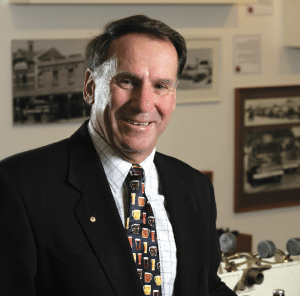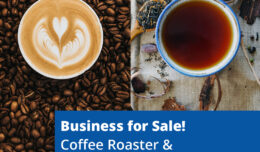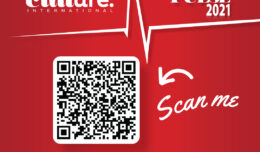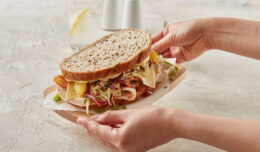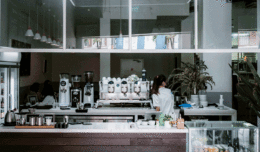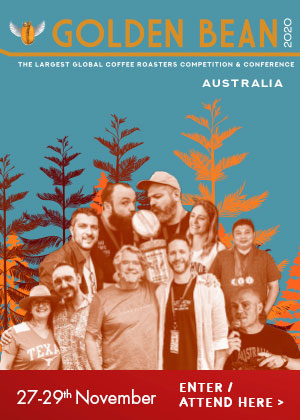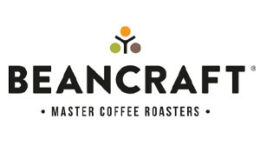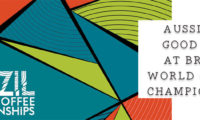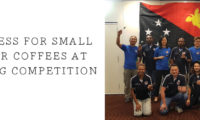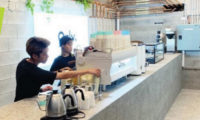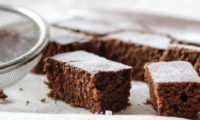Coopers Brewery have just been handed the mantle of the largest Australian owned brewery in the country. Café Culture caught up with Glen Cooper, Director of Marketing at Coopers, to find out his views on the current state of the liquor market and to give us an insight into what the future holds.
Particularly, too, with new products. This younger generation embraces change and innovation, so they’re more willing to try new things. It doesn’t guarantee that the new product will be successful, but it will get a good hit to start with.
These changes then fall back onto the café industry, as these same people want this selection in their cafés; so the pressure is on cafés to provide for this demand, in both Australian and imported brands.
The growth in the demand for overseas brands has been huge. The world has become a smaller place, so the awareness of these products is high. The café industry is very trend driven, and now so is beer and liquor in general.
Can you explain the effects of the Liquor Licensing Laws?
Due to the easing of liquor licensing laws within Australia, there are greater opportunities to work with the café industry. Depending on which state you are in, the new liquor liscensing packages have created new liquor regulatory authorities that establish different categories of liquor licenses and have implemented new fee structures. However, particularly in SA, there are still very restrictive laws – probably the worst in Australia. You can go to Melbourne and Sydney, where the laws are more flexible, and you can see the difference by way of a fantastic café culture in the laneways, outside dining and in smaller establishments. The government needs to wake up to this and recognise what the barriers are; they need to address the real problems regarding attitudes towards alcohol, and then you will find a much more vibrant and healthy café culture across Australia.
How has European culture influenced alcohol service in cafés?
It is quite normal for European cafés to also serve alcohol. As I commented previously, the advances in technology have meant that the world is a smaller place. Consumers travel more and therefore experience more, and they now want to enjoy overseas brands. Coopers recognise this and now have imported labels such as Saporo and Carlsberg Kronenbourg 1664 made in their facilities. These products do extremely well in cafés and trendy bars.
What is the one thing café owners should change to help their liquor sales?
Firstly, to ensure the products are displayed well. As consumers demand a wider range of choices, there is nothing better than a well thought out display to ensure every opportunity for sales. Equally important, to complement the range of products is knowledge of the products. More attention is being paid to the premium beer market, so it makes sense to ensure the staff are passionate and dedicated, not unlike a barista and their coffee.
And finally, what does the future hold?
The biggest hurdle is going to be the position of the government relative to the alcohol drinking problems … whether they are prepared to focus on where the problem areas really are instead of taking the scatter gun approach that they currently employ. We don’t deny that there are problems, but the government’s focus is very broad based and is not necessarily towards where the problem lies. For example, we do not see alcohol advertising at sporting events to be the problem; however, some sports codes have signed up to government funded sponsorships, with the agreement that they will not accept any alcohol based sponsorships.
It is our goal to continue to work with the government to ensure that consumers are educated and responsible laws are upheld. We are looking forward to further growth into the café industry, recognising that now more than ever the demand is for a unique experience backed by quality.


